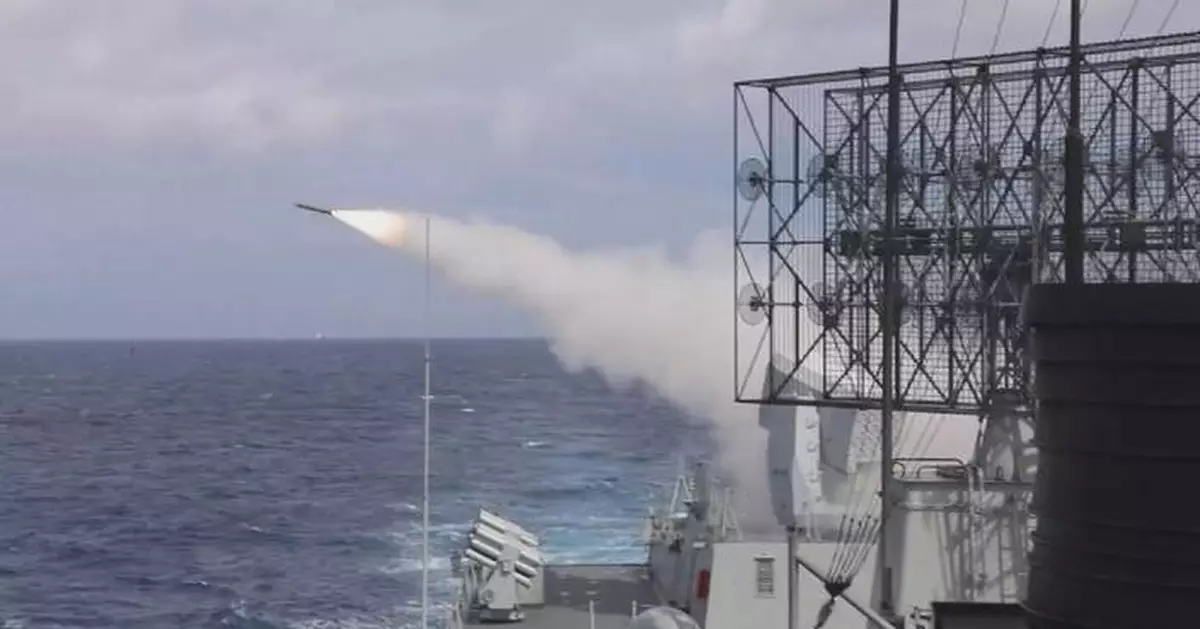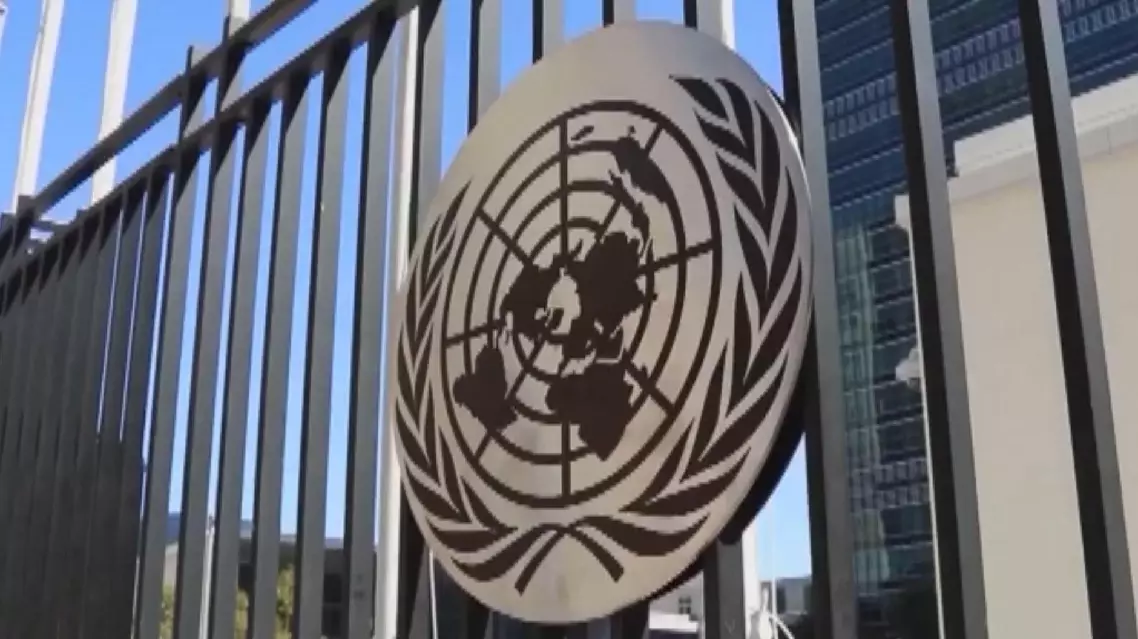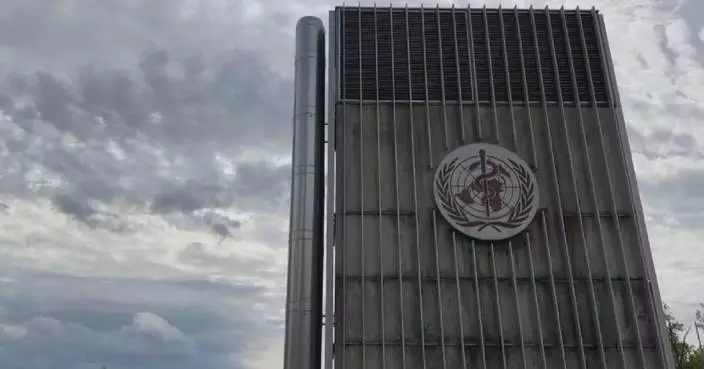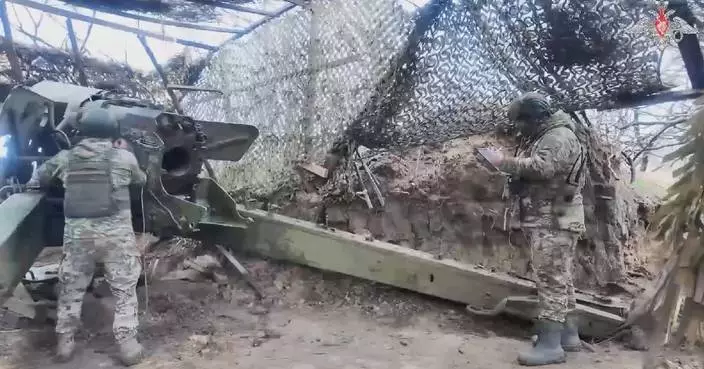The China-Russia "Exercise Joint Sea-2024" concluded on Wednesday in waters near Zhanjiang City of south China's Guangdong Province.
The six-day exercise, focusing on "joint response to maritime security threats," saw the participation of seven vessels from both countries.
The event began with port planning activities, including on-map military simulation and ship tours.
When the exercise moved to the sea phase from Monday, live drills were carried out on joint reconnaissance and early warning, search and rescue, air defense and missile defense.
"In the drill, Chinese and Russian fleets successively carried out several combat-based exercises, such as joint reconnaissance and early warning as well as actual use of weapons, in a mixed formation with alternative command. Under the efficient commanding from both command posts and close cooperation between fleets, we've overcome the impacts of poor weather and showcased strong military accomplishment of two navies, with the drill achieving expected training goals," said Xu Wenke, an officer of the Chinese fleet.
During the sea phase, the fleets also organized joint anti-submarine and anchorage defense exercises, fully testing the tactical command coordination and joint operation capabilities of the two sides.
"The fleet has overcome several adverse factors, such as rough sea and complex sea condition, to coordinate and cooperation with the Russian fleet. We then located the targets in water quickly and completed the rescue mission right away," said Chen Qian, an officer of the Chinese fleet.
After the conclusion of all the scheduled exercises, the fleets held a fleet separation ceremony.
"This military drill has strengthened military exchanges, cultural exchanges and mutual understanding between the navies of China and Russia. With careful organization, thorough implementation and close coordination, officers and soldiers of the two countries successfully completed all the scheduled exercises, which has promoted the standardization and systematization of bilateral practical cooperation," said Zheng Hesheng, commander of the Chinese fleet.
Since its inception in 2012, the "Joint Sea" series has become a major platform for cooperation between the two navies, enhancing their ability to jointly address security threats and challenges.
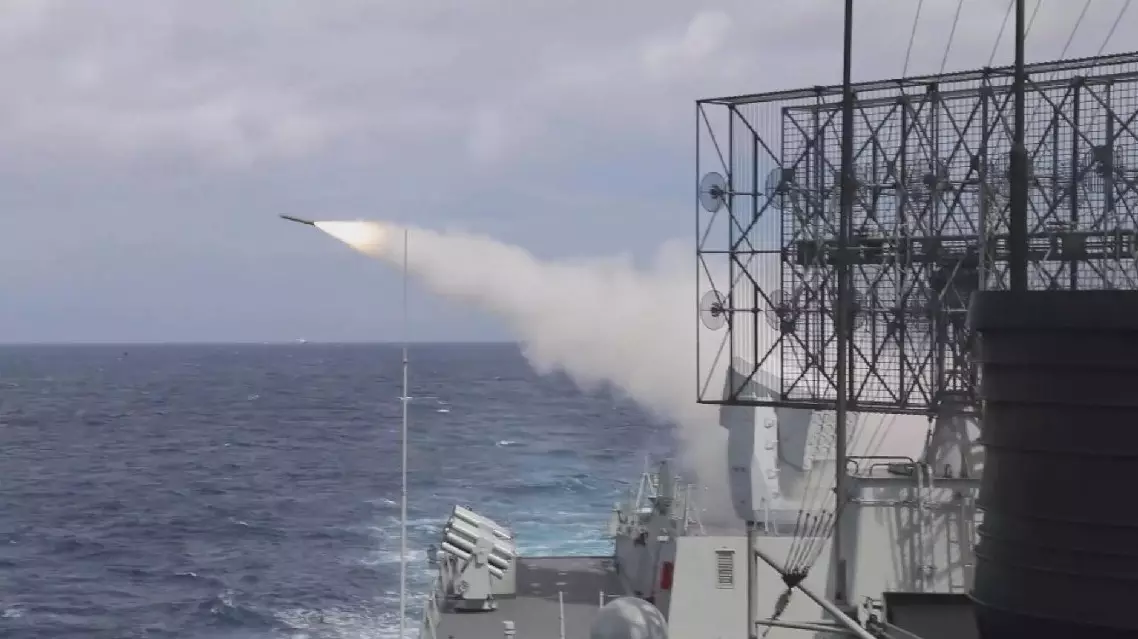
China-Russia joint maritime exercise concludes


